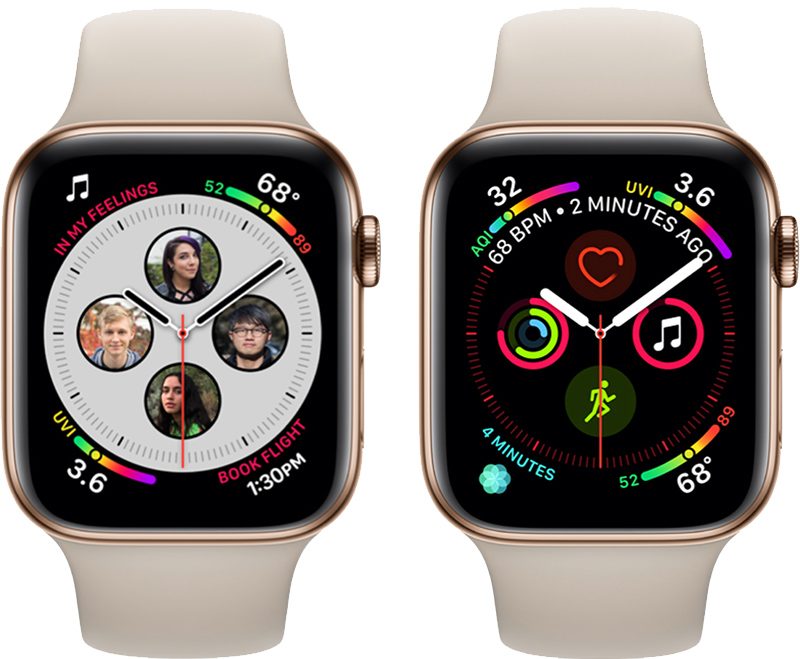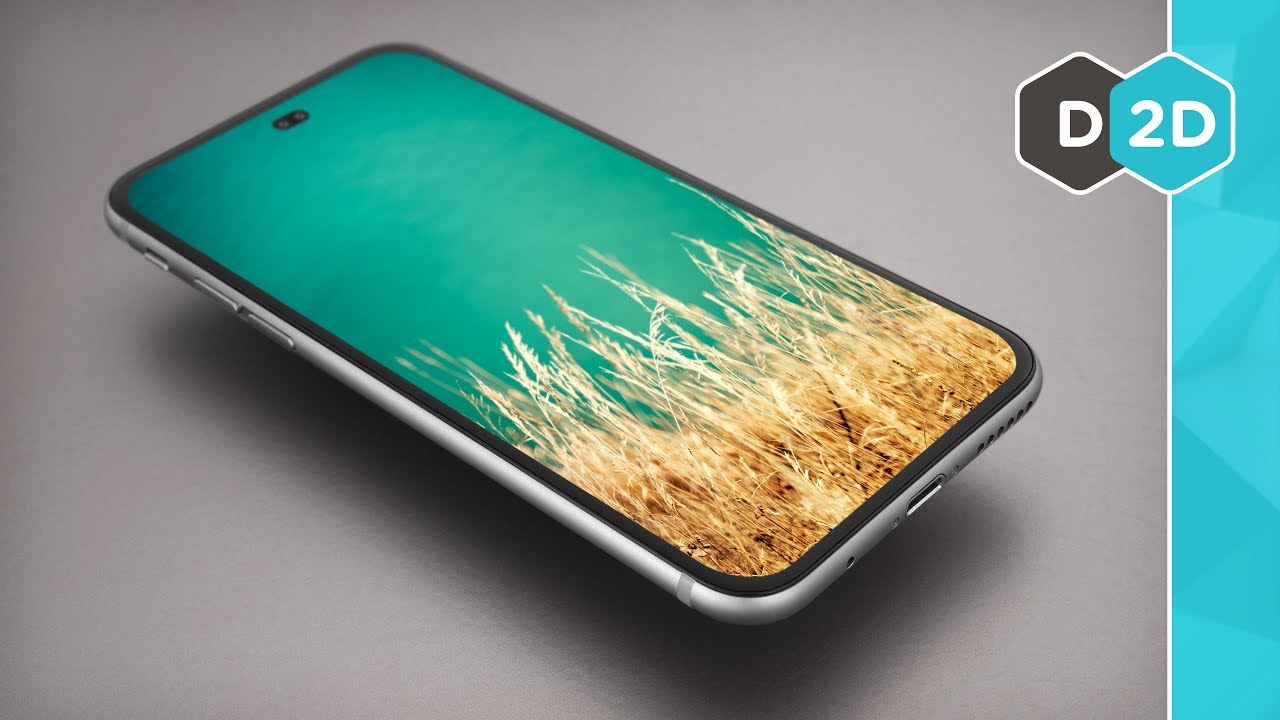A analysis paper revealed this week and shared by CNBC lists researchers from Eli Lilly, Apple, and Evidation Health. The paper, referred to as “Developing Measures of Cognitive Impairment in the Real World from Consumer-Grade Multimodal Sensor Streams,” explores whether or not sensor knowledge and exercise data from good watch gadgets might be mined for “physiological and behavior signatures of cognitive impairment.”

The ubiquity and exceptional technological progress of wearable client gadgets and mobile-computing platforms (good telephone, good watch, pill), together with the multitude of sensor modalities accessible, have enabled steady monitoring of sufferers and their day by day actions. Such wealthy, longitudinal info might be mined for physiological and behavioral signatures of cognitive impairment and present new avenues for detecting MCI in a well timed and cost-effective method.
In this work, we current a platform for distant and unobtrusive monitoring of signs associated to cognitive impairment utilizing a number of consumer-grade good gadgets. We reveal how the platform has been used to acquire a complete of 16TB of knowledge through the Lilly Exploratory Digital Assessment Study, a 12-week feasibility research which monitored 31 folks with cognitive impairment and 82 with out cognitive impairment in free residing situations. We describe how cautious knowledge unification, time-alignment, and imputation methods can deal with lacking knowledge charges inherent in real-world settings and finally present utility of these disparate knowledge in differentiating symptomatics from wholesome controls based mostly on options computed purely from system knowledge.
According to the summary, 31 folks with cognitive impairment and 82 with out cognitive impairment had been monitored over a 12-week interval, with 16TB of knowledge collected. The research claims that the information was in a position to be used to differentiate folks with early indicators of cognitive impairment from those that had been wholesome.
People who had signs of cognitive decline typed extra slowly, typed much less often, relied extra closely on help apps, and despatched fewer textual content messages. The research didn’t attain long-term conclusions as extra evaluation is required.
In a press release to CNBC, Evidation co-founder Christine Lemke stated that knowledge collected from the iPhone, Apple Watch, and Beddit sleep screens was used for the research. Apple acquired the corporate behind the Beddit sleep monitor again in 2017.
“With this research, we looked at how everyday behavior data, such as those captured by iPhones, Apple Watches, and Beddit sleep monitors, may be effective in differentiating between individuals with mild cognitive impairment and early Alzheimer’s disease, and those without symptoms.”
Early detection of dementia is necessary as a result of an early analysis can enable for higher administration of…
https://www.macrumors.com/2019/08/07/study-apple-watch-iphone-dementia-detection/
















